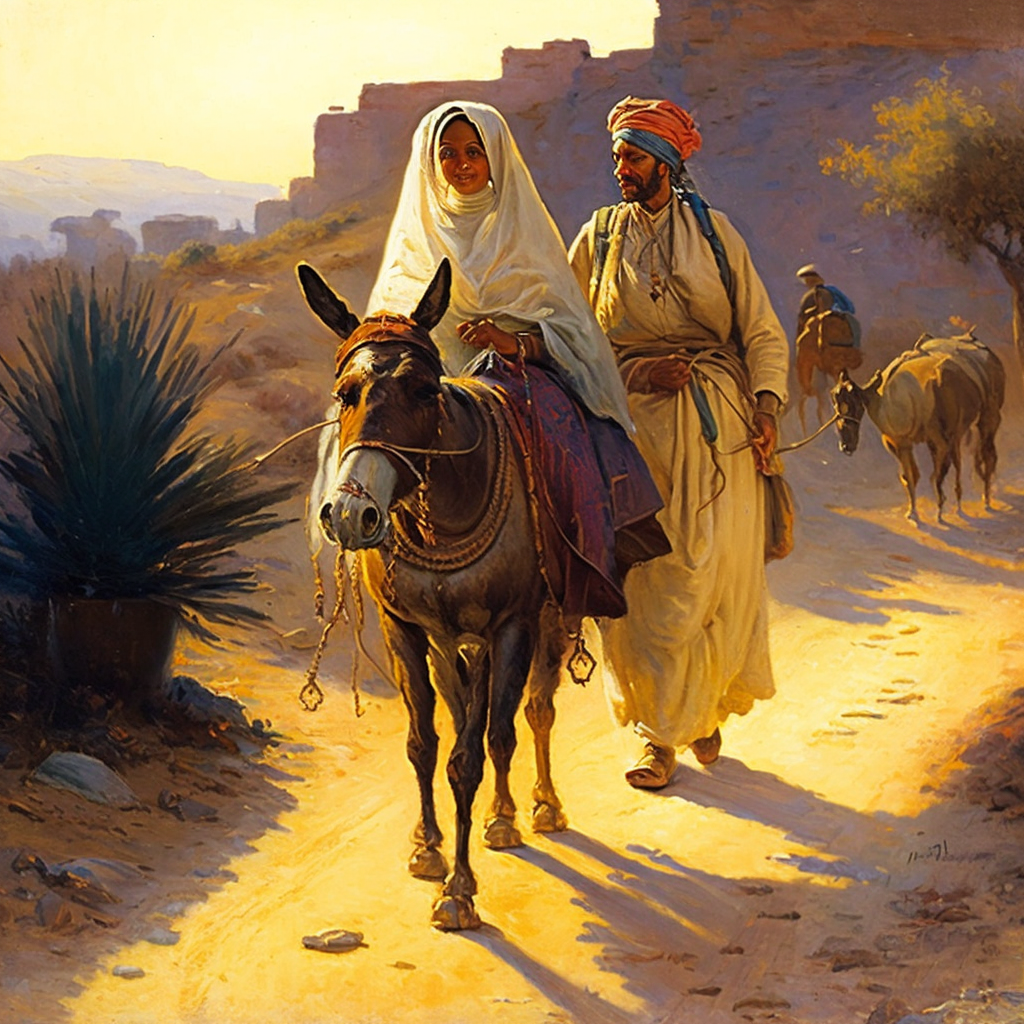In the midst of World War I, Freya Stark embarked on a transformative path that would lead her to the enchanting landscapes of the Middle East. With compassion and a profound sense of duty, Stark received training as a volunteer nurse and offered her services to the British Red Cross, initially stationed at the picturesque Villa Trento near Udine. Her experiences there would be the catalyst for a lifetime of adventure and exploration, meticulously documented in her numerous books, which offer an unparalleled insight into the regions she explored and the cultures she encountered. Little did she know, these writings would immortalize her as one of the most influential travel writers of her time.
A Family’s Italian Ties
Stark’s family had deep-rooted connections to Italy. Her mother had chosen to stay in the country, venturing into business endeavors, while her sister Vera entered into a marriage that carried its own complexities. Tragically, in 1926, Vera’s life was cut short following a miscarriage. Stark, deeply affected by her sister’s unfulfilled aspirations, resolved not to follow the same path. This pivotal moment marked the inception of her wanderlust.
Rediscovering Asolo and Beyond
In the crisp November of 1927, Stark found herself drawn back to Asolo, a place laden with memories and dreams. This return ignited the spark of her adventurous spirit. Later that same month, she embarked on a ship bound for Beirut, marking the commencement of her Eastern odyssey. Little did she know, her journey would encompass not only the captivating landscapes but also tales of resilience, courage, and discovery.
From Lebanon to Baghdad: The Middle Eastern Odyssey Begins
Her initial sojourn led her to the dwelling of James Elroy Flecker in Lebanon, and from there, she journeyed to the heart of a British protectorate: Baghdad, Iraq. Here, she crossed paths with the British high commissioner, cementing her fascination with the Middle East. The stage was set for her to delve deep into the mysteries of the region.

A Secret Expedition Through Restricted Territories
During this fateful expedition, Stark embarked on a clandestine venture, traversing the terrain by donkey, accompanied by a Druze guide and an English companion. Their expedition remained shrouded in secrecy due to the stringent French control imposed under the Mandate for Syria and the Lebanon. Travel was a forbidden pursuit in these territories, yet their indomitable spirit propelled them onward, navigating the cover of night and remote, rustic pathways. Even when apprehended by French Army officers, who suspected them of espionage, they were released after three anxious days. Stark later chronicled the oppressive French regime and the suffering endured by the Syrian populace in the pages of an English publication.
Unveiling Uncharted Territories: Stark’s Extraordinary Iranian Expeditions
By 1931, Stark had undertaken three perilous expeditions into the untamed wilderness of western Iran, venturing into realms that few Westerners had ever dared to tread. Her quest led her to the legendary Valleys of the Assassins, a feat that she would vividly recount in her work, “The Valleys of the Assassins.” Her unwavering dedication earned her the prestigious Back Award from the Royal Geographical Society, celebrating her fearless spirit and pioneering explorations.
In Pursuit of Ancient Routes: The Hadhramaut Adventure
In 1934, Stark embarked on a new adventure, sailing down the Red Sea to Aden with a singular goal in mind. She aspired to trace the ancient frankincense route of the Hadhramaut, delving deep into the heartland of southern Arabia. While a handful of Western explorers had ventured into this enigmatic region before her, none had ventured as far or as wide as Stark. Her ultimate aim was to reach the fabled city of Shabwa, rumoured to have once been the majestic capital of the Queen of Sheba. However, fate took a different course as she fell gravely ill during her journey. Afflicted by measles contracted from a child in a harem, as well as a bout of dysentery, she had to be airlifted to a British hospital in Aden. Despite never reaching Shabwa, she recounted a wealth of experiences from her extensive travels.
Confronting Injustice: Stark’s Insights on Slavery
Stark’s curiosity led her to return to the region for subsequent journeys, where she confronted the distressing reality of slavery, a moral quandary she grappled with. Stark hypothesized that in less devout societies, slavery seemed to wane, fostering hope for its eventual decline in Arabia as the region evolved.
Chronicling Her Adventures: Books and Recognition
Her accounts of these remarkable adventures were chronicled in three compelling volumes: “The Southern Gates of Arabia:
- A Journey in the Hadhramaut (1936)
- Seen In The Hadhramaut (1938)
- A Winter in Arabia (1940)
Her dedication to exploration and her eloquent storytelling earned her the Founder’s Medal of the Royal Geographical Society, a testament to her enduring impact on the world of exploration and travel.
